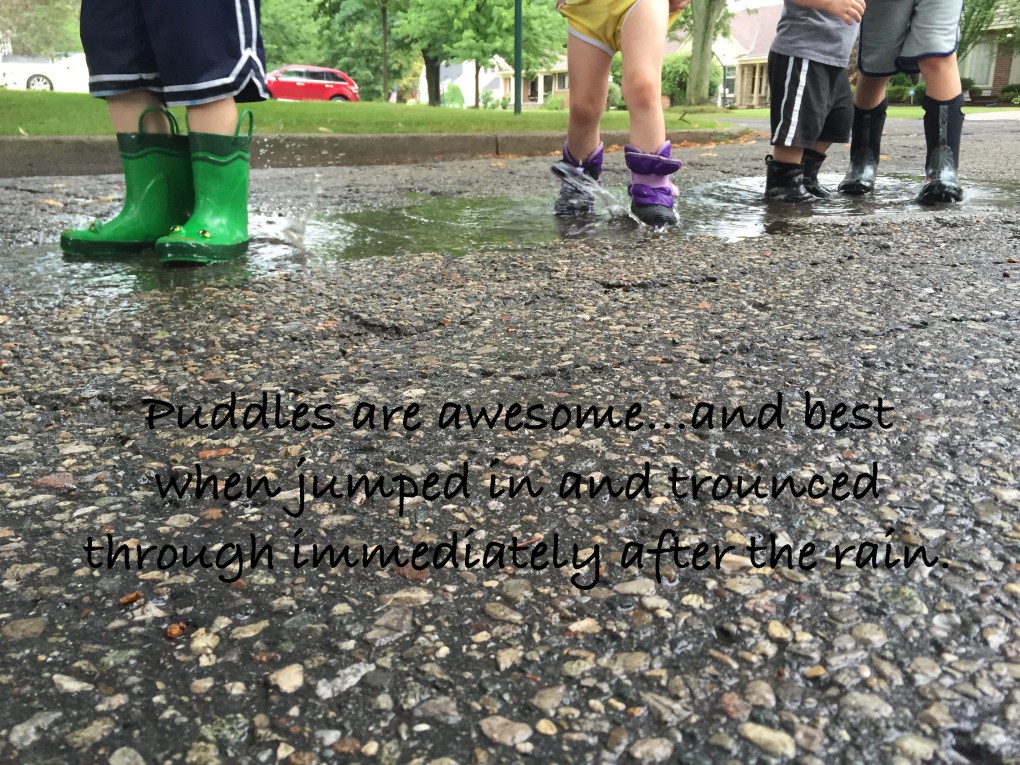Teachers have loads of pencils, shelves overflowing with books, buckets of paper clips and pushpins, and they have drawers that are jam-packed with construction paper. They have magic markers and they have paintbrushes to match their plethora of vibrant, plastic, circle-basin watercolor trays. They have computers, they have printers, and they have copy machines. They have chairs and they have tables. They have colorful carpets and they have decorative wall art. They have expertise and they have one another for collaboration when additional expertise is required. Teachers have many of the things they need to create comfortable, safe, and engaging learning environments for the students they serve.
What’s the one thing that teachers might highlight as something they don’t have? Enough time. The business of education is multifaceted, enormously demanding, and fast-paced. It often seems that there isn’t enough time in a school day to include intentional reflection along with the many other things teachers have to do, most of which present as urgent and important, while reflection might not, even for those who value it as important to their learning and growth.
David Purcell wrote about his exploration of “post class reflective notes” (p. 5) in a way that suggests consideration of time management with regard to ongoing and intentional reflective practice for connected, real-time learning and growth for teachers. Engaging in the practice took time, however, Purcell found the return on that time investment pointedly beneficial for him, and moreover, for his students.
Purcell suggested, “The cumulative effect over time of incorporating reflective practice is that I have increased my sense of mastery as a teacher (p. 14).” Again, time is critical in this equation. We don’t see the impact of reflective practice immediately, but rather “over time.” Ironically, for that impact to be maximized, Purcell suggests we engage in the reflective practice immediately.
While the challenges and triumphs of a class session or a school day are fresh in mind, a teacher’s immediate reflective notes can be invaluable to future learning and ongoing reflective growth. Keeping a daily reflective journal, even if only jotting down a few sentences or bullet points for further consideration, can be powerful in insuring a connectedness between professional learning and professional practice.
Whether as a foundation for any of Camburn’s three phases of reflective collaboration, as a tool for reference within a professional dyad as outlined by Gladwell and Dicamillo, or in connection with other intentional reflective systems or structures, immediate “post class reflective notes” are likely to serve as reminders of potential, and genuine areas of focus for driving progress in best practices instruction.
Regarding his use of regular and immediate written reflection Purcell further submits, it “has likely had a positive effect on student learning through (his) improved effectiveness as a teacher” (p. 14). He equates an “increased sense of mastery” with “improved effectiveness as a teacher,” as well he should. We know that one’s self image is a influential force in one’s progress. When teachers regularly remind themselves of their own challenge areas and growth patterns they energize themselves with the consistent cue that improvement is indelibly connected to critical and targeted processing.
Immediate written reflection is a professional learning practice that has the capacity to shift a traditional (and valid) time-deficient paradigm into one where connected perceptions of importance are capable of overriding those of urgency, even and especially in the busy day to day of teaching and learning.
Live. Love. Listen. Learn. Lead. Thanks.
*The foundation of this “And I Quote” post is an article called, “Sociology, Teaching, and Reflective Practice: Using Writing to Improve” by David Purcell.
